Introduction
Yes, dogs can eat tortillas. But just because they can, it does not mean they should. Namely, tortillas are not directly harmful to dogs, but at the same time, they are not particularly beneficial either.
Therefore, if you decide to give your dog a chunk of the famous circular unleavened flatbread called a tortilla, you need to be mindful of the feeding guidelines – the chunk’s size and serving frequency.
Why is Tortillas Good for Dogs?
Yes, tortillas can be good for dogs. We cannot say that they are extra nutritious and contribute to significant health benefits, but they definitely add variety to the menu. Plus, they make excellent comfort food. Lets’ look at the reasons tortillas are good for dogs.
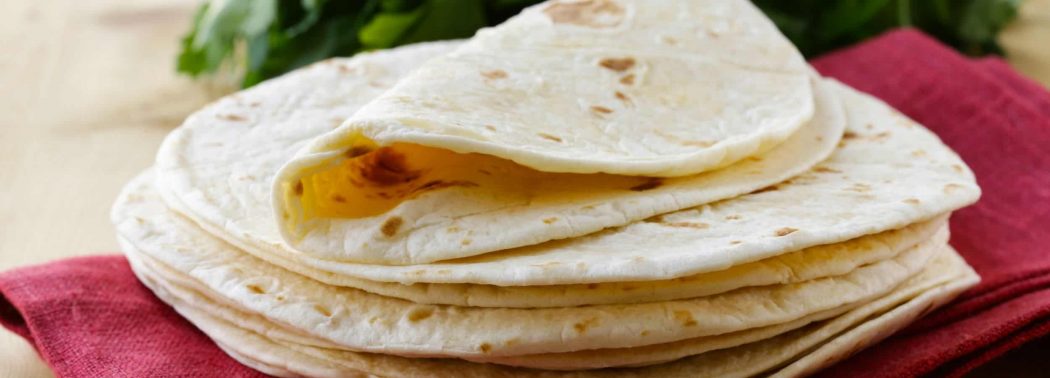
Quick Energy Boost
Active and working dogs can benefit from the tortilla snack. Namely, tortillas are rich in carbohydrates, and carbs are essential energy sources. Although dogs can make energy from proteins and fats, carbs are an additional boost.
Low glycemic index
Compared to bread and other grain foods, tortillas have a low glycemic index, thus making them a more appropriate choice for dogs with diabetes.
Menu Diversity
As unbelievable as it sounds, food boredom can be an issue in some dogs, especially in fussy eaters. In such cases adding variety to the menu is a good idea.
Efficient Pill Pockets
The fact that tortillas are used for wrapping can be used to your advantage. Namely, you can get your dog’s pill wrapped in a small tortilla chunk and served to your dog as a pill pocket. It is a sneaky but helpful plan (we all know dogs are difficult when it comes to administering meds).
Can Tortillas be Bad for Dogs?
Yes, tortillas can be bad for dogs, significantly if misused – served as a staple food or combined with ingredients that are dangerous to dogs.
In addition to being an empty calorie for dogs, they also pose various risks. Let’s take a thorough look at the reasons tortillas can be bad for dogs.
Empty Calories
Do not be confused by the fancy term – empty calories mean that a food is high in calories but low in health-boosting ingredients. According to the American Institute for Cancer Research, one 12-inch tortilla circle has nearly 300 calories (over three times the calories in a bread slice).
Grain Sensitivity
As you already know, grain sensitivities are possible in dogs. Tortillas are usually made of wheat or corn, and sadly both grains can be troublesome. However, we should note that wheat, corn, and other grain sensitivities in dogs are not as common as you are led to believe by the grain-free diet hype.
Weight Gain and Obesity
Eating too many tortillas or too often is likely to make your dog overweight or even obese. These are not health issues per se. However, they increase the risk of other potentially severe problems – from aggravating arthritis to causing heart disease.
Sticky Consistency
Tortillas have a sticky consistency and can easily get “glued” inside the dog’s mouth. This is not a dangerous situation, but it is an uncomfortable one. However, things become dangerous if the tortilla piece sticks near the throat, causing breathing difficulties.
Processing and Preservatives
Finally, tortillas are processed food, and you know that the more processing a food requires, the less healthy it is. Plus, the production process includes the addition of preservatives which can be harmful.
How Many Tortillas Can my Dog Eat?
Tortillas or their main ingredient (grains) do not rank high on the dog’s food pyramid, meaning they must not be fed excessively. The recommended serving size of tortillas for dogs is one-quarter of a tortilla piece for medium-sized dogs like Dalmatians and Pitbulls.
However, the serving size for other dog sizes is different. Smaller dogs like Corgis and Cavaliers should not be offered more than one-eighth of a piece, while larger dogs like Mastiffs and Great Danes can safely eat one-half.
In terms of feeding frequency – do not overdo it. Ideally, give your dog a tortilla treat once every two weeks. That is, if your dog is an adult and used to eating grains. Puppies should not be served human foods, and dogs that have not tried tortillas before must be offered smaller portions.

How to Prepare and Serve Tortillas for Your Dog?
Preparation starts with shopping, and you need to purchase the right type of tortillas. Tortillas are traditionally made of wheat or corn (they are both safe unless your dog is sensitive to grain).
However, some brands add flaxseed, sesame seeds, or other additions. These seeds are not directly harmful to dogs but can be hard to digest. Therefore, it is best to stick to simple plain tortillas.
In terms of preparation, when it comes to dogs, fillings, seasonings, condiments, and toppings are a no-go. You can only put the tortilla in the oven for a couple of minutes and let it cool down before serving.
Then, tear the serving size into small bite-sized chunks and use them as treats or mix them with a portion of canned dog food. If you are into preparing homemade meals, mix the tortilla chunks with plain boiled chicken meat.
Summary
All in all, tortillas can be served to dogs on rare occasions. You can safely give your dog a small chunk of tortilla every now and then, but anything more than can be troublesome and have an adverse health effect.
Also, preparation is important. When serving tortillas for canine friends, forget all about fillings and toppings – only plain tortillas are safe. You should also keep an eye on your dog while munching, as you do not want your dog choking on a tortilla piece.
Sources
- Is Grain Good For Dogs?, Purina, 2021
- Easy Homemade Pill Pockets for Dogs Recipe, The PocoPet, 2021
- Do dogs get bored of their food?, Dr Samantha Ware, 2016
- Health Risks of Long-Term Obesity in Dogs, Nasa Pet Hospital, 2020
- Which is Healthier, a Tortilla or a Slice of Bread?, Karen Collins, 2016
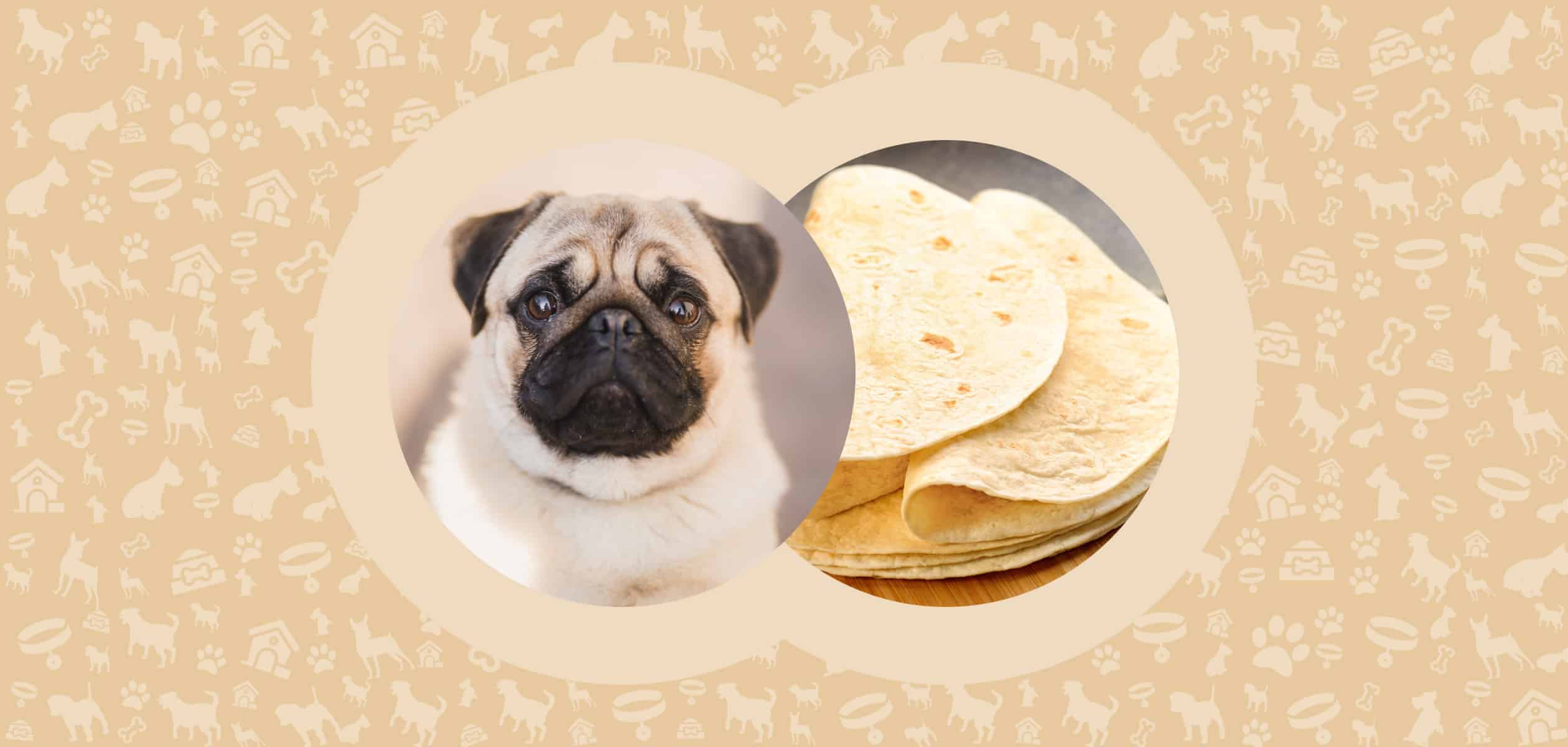
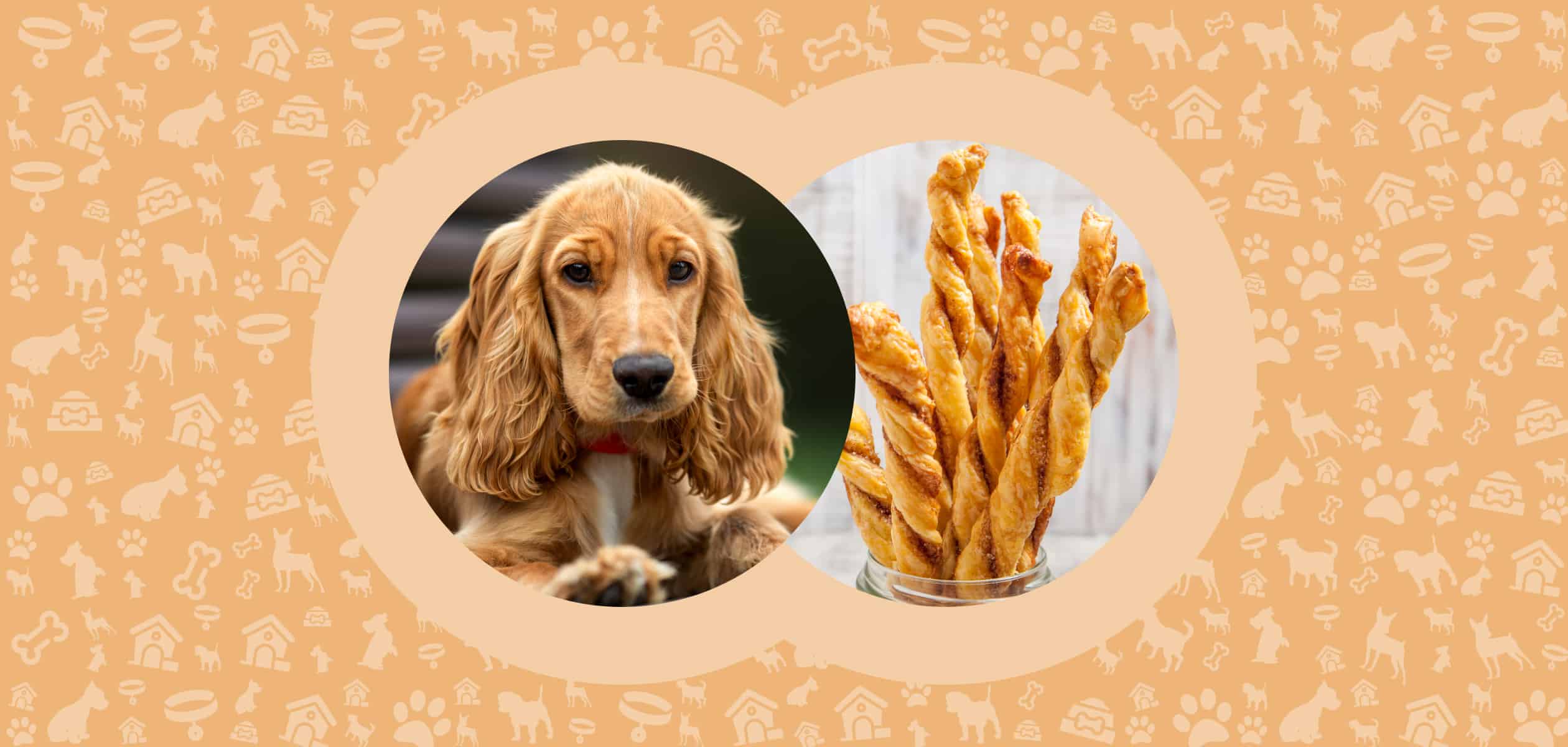
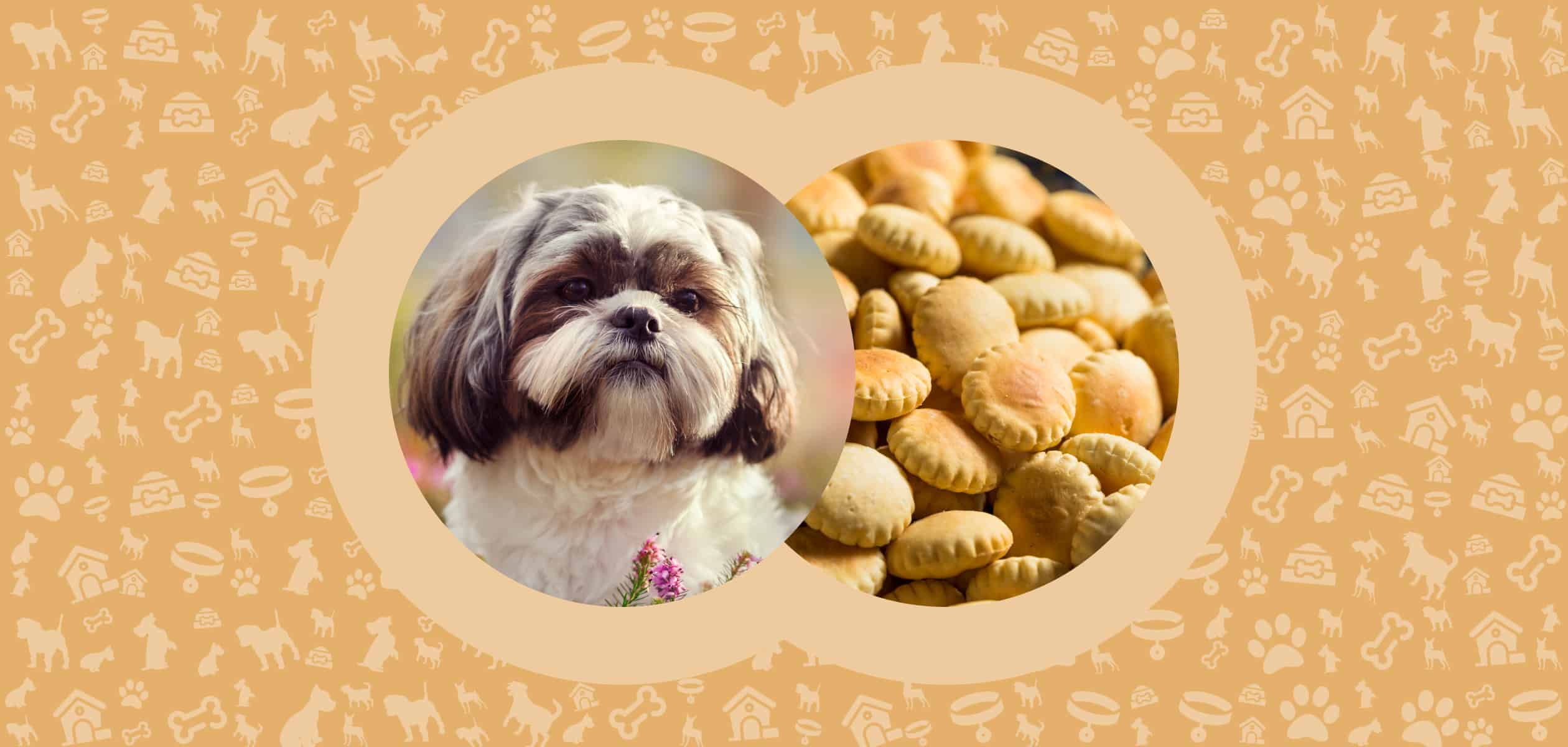

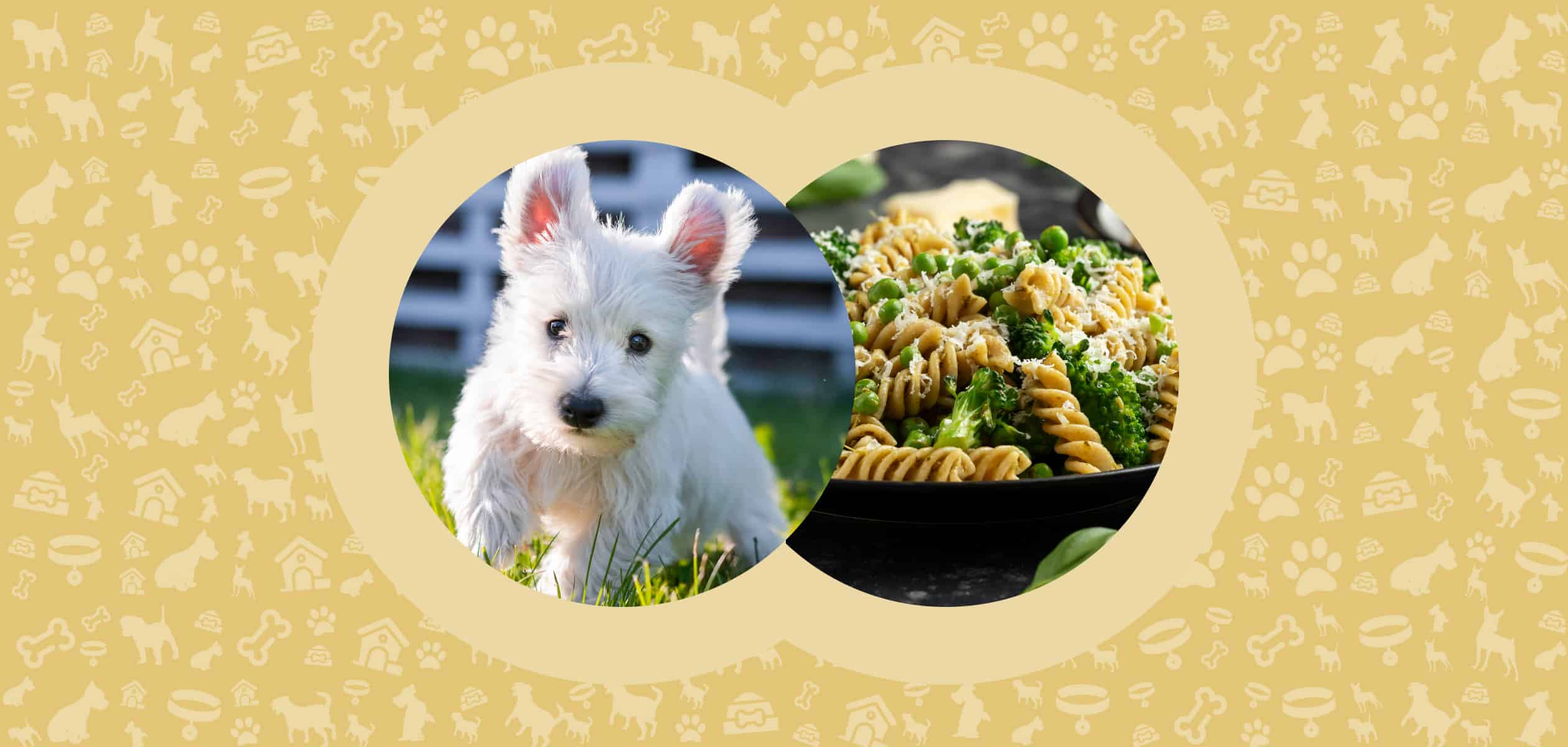
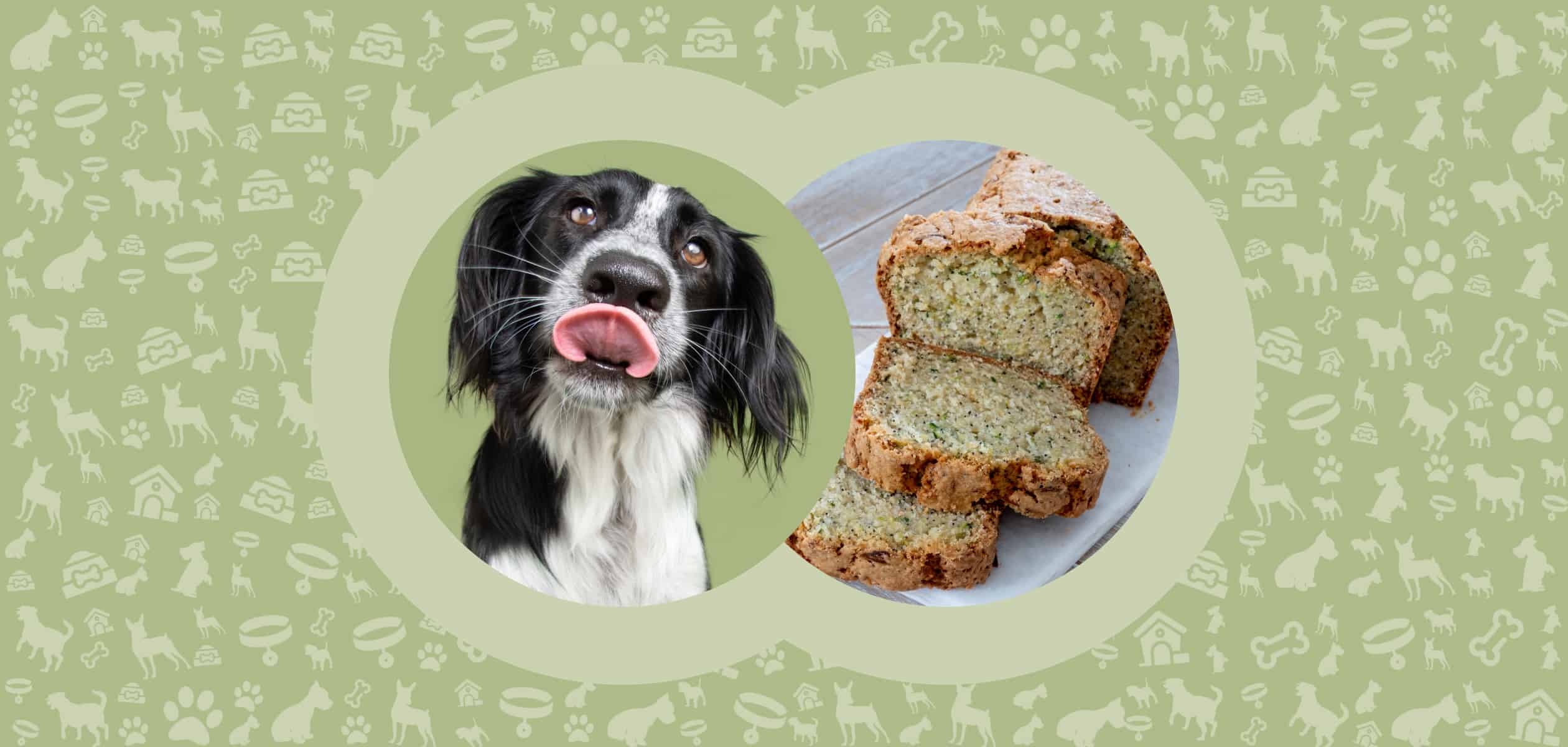
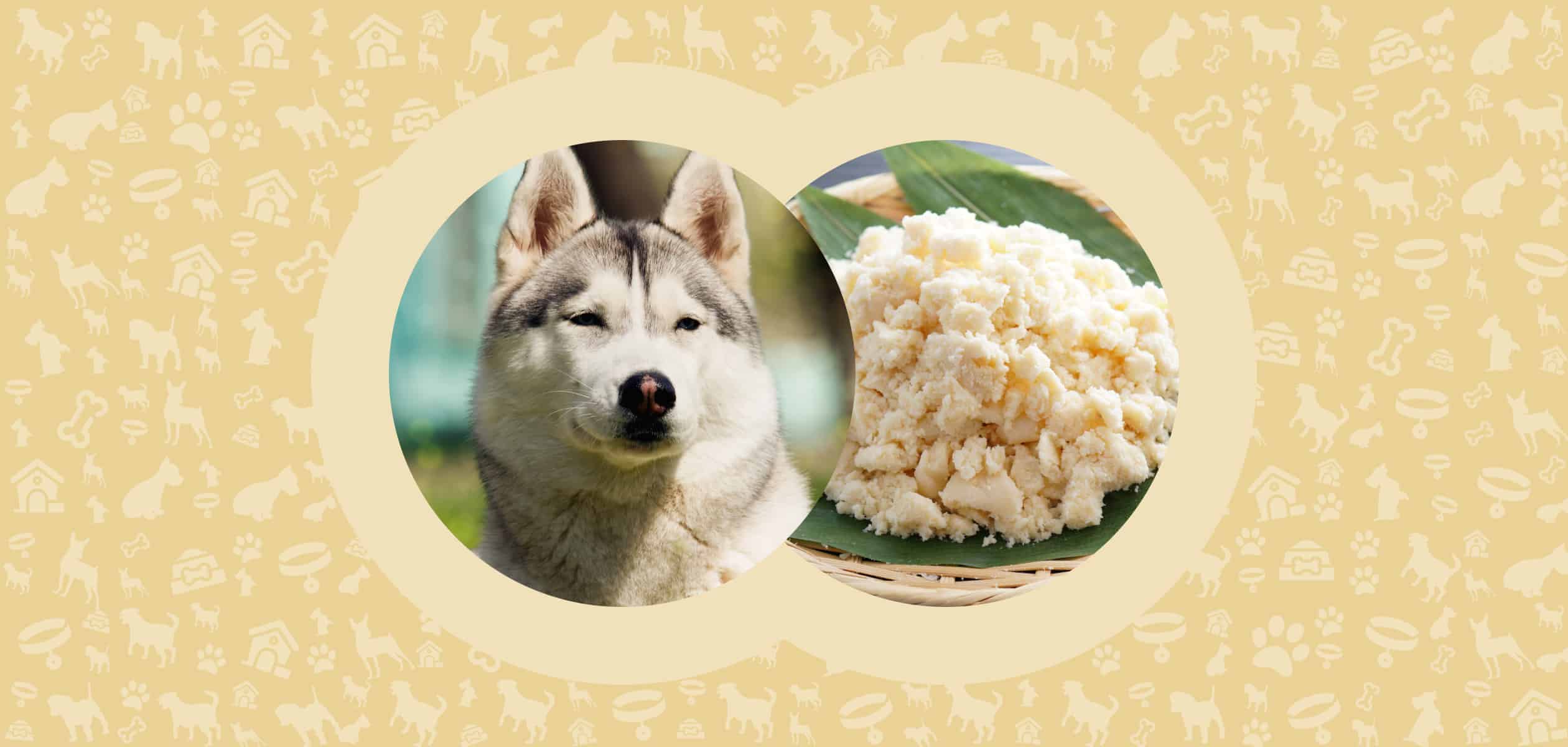
Leave a Comment